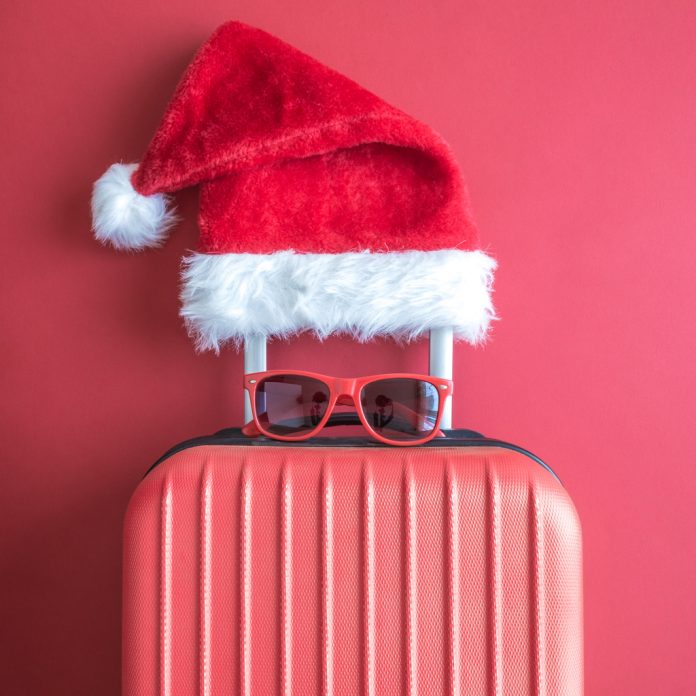
Hoteliers who have become accustomed to the unknown are now eyeing the holiday season. Unlike 2020, U.S. hoteliers can reflect on a successful summer travel season to gain insights into what to expect for the holidays.
For many U.S. hoteliers, there’s reason to celebrate. Demand increased in July, with occupancy remaining increased throughout the rest of the season after struggling to maintain levels the month prior. And in August, U.S. hotel occupancy reached record-breaking levels, showing that the pent-up demand that was forecasted months prior was real.
The level of occupancy was a breath of fresh air for an industry forced to skip its most profitable period in 2020. Revenue leaders across the United States are noting trends from summer 2021 and applying their knowledge to push rates in new ways.
Shorter Booking Windows
One thing hotel guests have gotten used to since the beginning of the pandemic is high rate parity and lower costs overall, in addition to an abundance of available deals. Consumers have become adept value hunters during quarantine, and the inclination to wait until the last minute to secure a booking in search of the lowest possible price is not going away.
Value hunting may have worked for summer where the holiday season lasts if the weather stays nice, but the winter months are host to some of the most heavily booked weeks of the year. These bookings are traditionally made months in advance, but this year they could arrive weeks or even days before the holidays.
The message from guests is clear: Travelers are willing to wait for deals to materialize. Hotels are going to be stuck between the desire to push rates in the face of mounting demand and the knowledge that the most substantial booking windows will open just prior to major holidays.
Leisure First
After a year of lockdowns, it shouldn’t be a surprise to see leisure travel surge in the summer, but business travel hasn’t had much activity. In past recessions, secondary and tertiary markets continued with those trends, but today, even all primary markets anticipate losing in business travel revenue in late 2021.
Competition over leisure travel bookings is at a high. Looking at summer 2021 book trends, comparable occupancy levels across economy, midscale, and upscale hotels shows that hoteliers at the lower end of the segment have had to find creative ways to stand out when attracting leisure travelers. The most successful hotels have been able to keep pace with shifting market conditions and establish their positions against the competitive set. These properties were also able to take advantage of new technology and automation in different ways, which is going to be important for improving operations and setting rates throughout the end of the year.
International Travel
Managing costs while maintaining operational efficiency as demand rises has been a challenge for hoteliers, and that will continue. The labor shortage has limited operators’ options when serving guests, with some properties losing some business because of a lack of team members. This issue is highly unlikely to be resolved by the end of the year, but if the summer months served as an indication, hotels need additional staff to meet guests’ needs this holiday. The United States recently pared back on restrictions for fully vaccinated against COVID-19 international travelers, opening up hotels to a level of demand not seen since before the pandemic.
However, it remains to be seen how fast international travel will resume. International travel demand is one of the major unknowns on the near horizon for the hotel industry, as U.S. hotels have needed to understand mostly domestic travel since the beginning of the pandemic. But, a return to international inbound U.S. travel will inevitably shift domestic bookings as rates respond. The best option available to hoteliers is to rely on the data supported by real-time analytics capable of identifying current trends as they appear.
As hoteliers are looking at the holiday season as an opportunity to recoup losses from earlier this year, profit optimization tools and strategies will be needed to accurately forecast potential occupancy or provide adequate overbooking protects to maximize revenue as guests dynamics shift.
While there are now reasons for hoteliers to celebrate—like the return of holiday bookings and international travel—hoteliers have an opportunity to learn from others operators’ successes during summer 2021.











